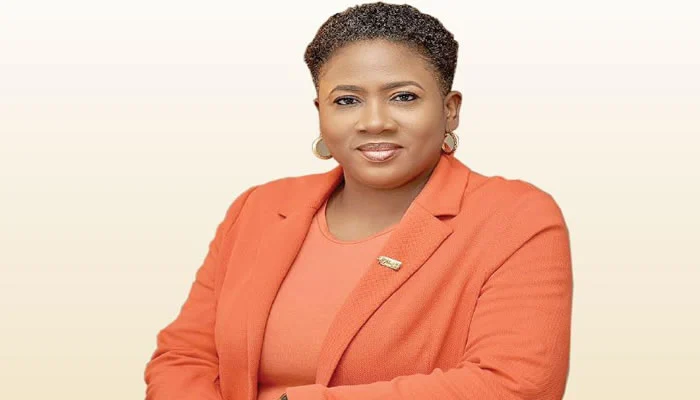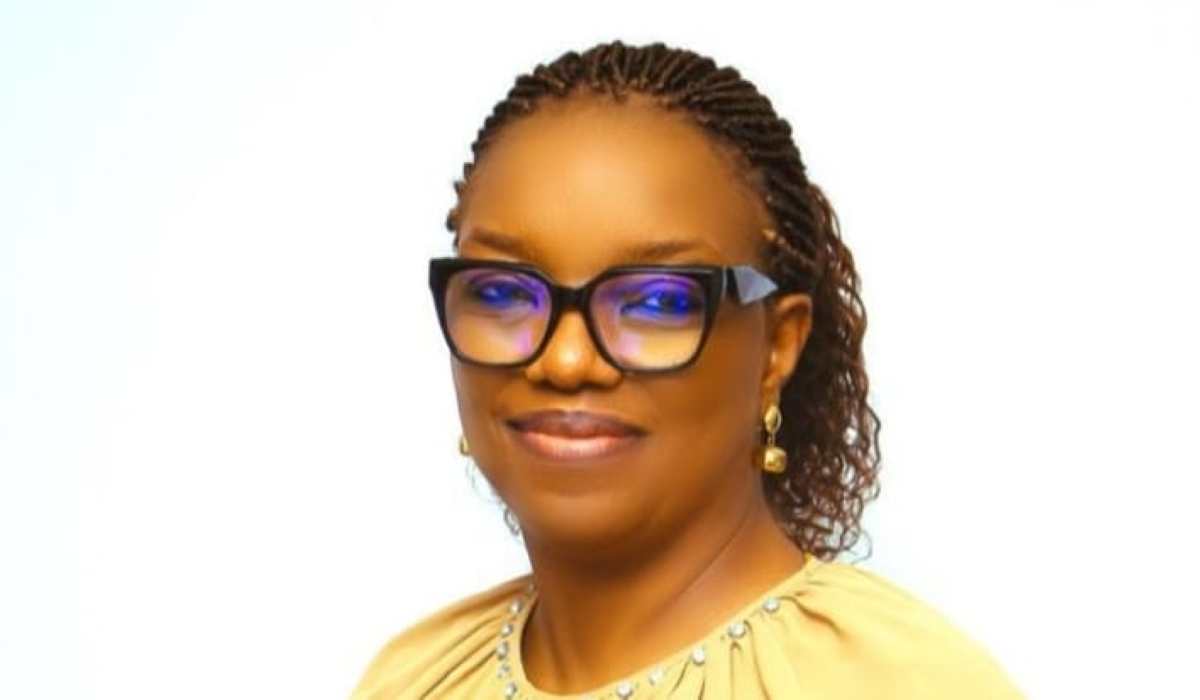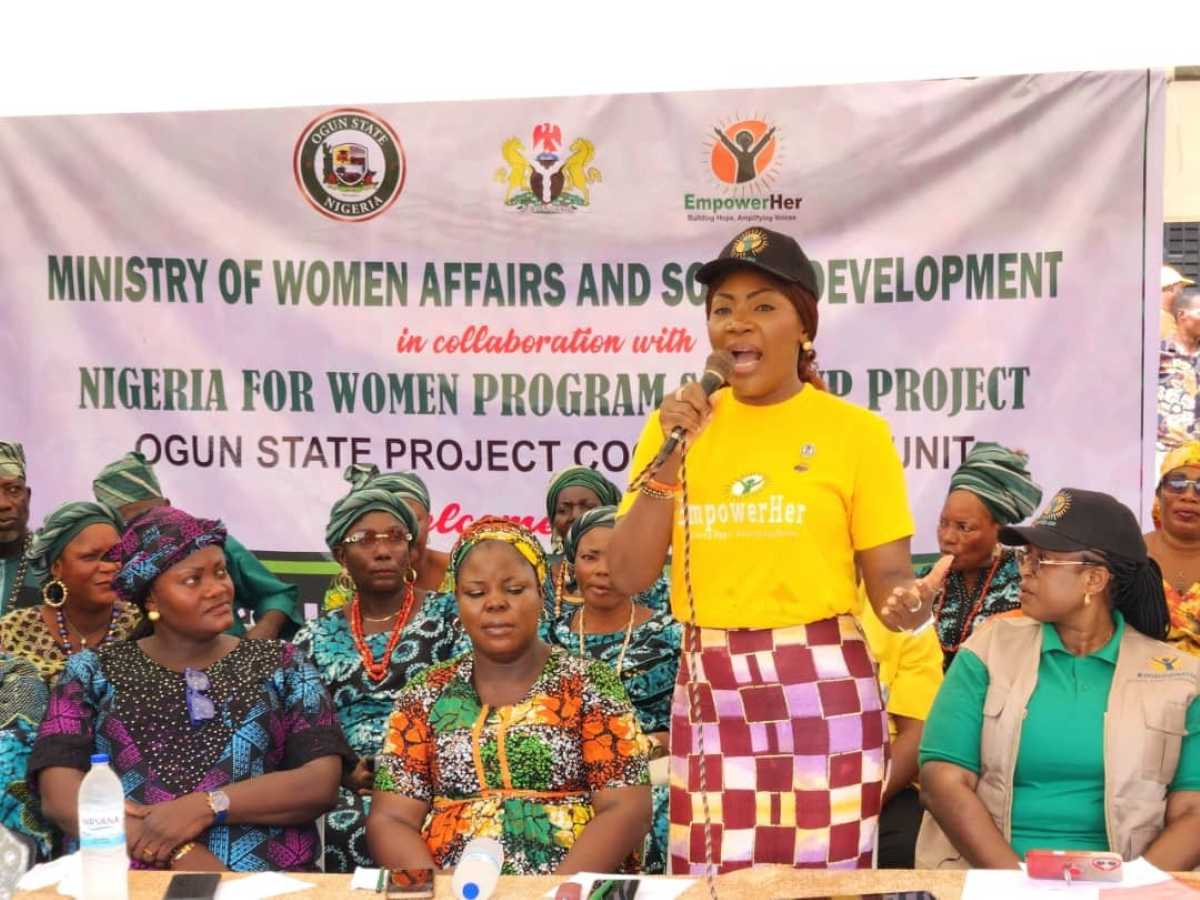
The minister made the call while declaring open the ongoing five-day gender-based violence data indicator harmonisation workshop for the National Strategic Knowledge Management Technical Working Group in Lagos.
According to her, the inclusion of gender-based indicators will help provide clearer data that will help fight violence against women and girls in Nigeria.
Tallen called on all producers and users of statistics to mainstream gender when preparing statistical reports so as to paint a clear picture with regards to data presentation for proper planning.
The event was organised by the Federal Ministry of Women Affairs, in partnership with the Foundation for Resilient Empowerment and Development (FRED), supported by the EU-UN Spotlight Initiative, under United Nations Development Programme (UNDP) Implementation.
Tallen stressed the need to focus on numbers to highlight the real figures pertaining to gender matters that would be easily understood by all for strategic planning and development.
She said, “I want to appeal to all present that as producers and users of statistics, whether we are compiling labour market indicators, health statistics-Annual health report, annual education report, Population bulletins, Poverty survey; preparing the statistical report; SDG report; human development; we must mainstream gender so that we are able to paint the clear picture.”
“With this workshop, we will be able to have data, the fact that will support our efforts to end violence against women and girls in Nigeria.”
Tallen also restated the commitment of federal and state governments to end all forms of violence against women and girls in the country.
The minister, who said that the outbreak of the COVID-19 pandemic in 2020 brought a major setback, noted that through concerted efforts and supported by development partners especially the UNDP, the country has witnessed remarkable progress in the collection, collation and availability of Gender-based Violence, GBV, data from across the states through the deployment of innovative data management and visualisation platform.
She regretted that the feminisation of poverty, social and cultural practices contribute extensively towards lowering women’s economic, health and social status as compared to that of men.
Tallen said the launch of the National Situation Room and Data Dashboard for Ending Violence Against Women and Girls as an ardent response to the identified gaps in the availability of real-time gender-based violence data provided evidence-based planning and monitoring of the issues and concerns of women and children, including, the girl-child.
Similarly, Mrs. Cecilia Dada, the Lagos State Commissioner for Women Affairs, said a few years ago, a lot of our women in Lagos State found it difficult to report when they were being abused.
Dada said the State was able to change the narrative with a lot of advocacy, sensitisation programme and stakeholders who are actively involved in the fight against all forms of violence against women and girls.
Commending the minister for her contribution towards gender issues, the Gender and Human Right UNDP/Spotlight Project Manager, Onyinye Ndubisi said the indicator workshop would produce a national indicator for Nigerian women and girls.
“Data is very important. Data is a source of direction. It gives us more insight and numbers, and when you work into the national assembly you are presenting evidence-based figures. The Indicator would make every Nigerian girl proud.”
She appealed to the minister to continue to support women and issues related to women.
Corroborating, the Monitoring and Evaluation (M&E) Focal person, United Nations (UN) System, Mr. Yinka Akibu stated the indicator harmonisation workshop would ensure that Nigeria reports accurate data for Gender-based Violence, GBV, adding that already the process to ensure a reliable single data for national use was in progress.
Speaking, Tessie Kuhe, the Programme Manager, Orphan and Vulnerable Children (OVC) USAID, Nigeria, said, “Indicators helps to tell a story as well as give an account of what a country or group does. Indicators help to know whether or not we are getting to where we are supposed to go, it will tell you if you are making progress and helps to know where you need to contribute.”
Contributing, Rosemary Echewe, Country Director, FRED, said indicator will help the country to report facts and concrete data. What is not documented is not done. This workshop presents a golden opportunity for us to support the Federal Ministry of Women Affairs to define the indicators under the Gender-based Violence programme as well as coordinate the systematic. At the end of the workshop, we will have concrete data that will be available, consistent, verifiable and valid. It will no longer be, I think but it will be documented and comprehensive.”






